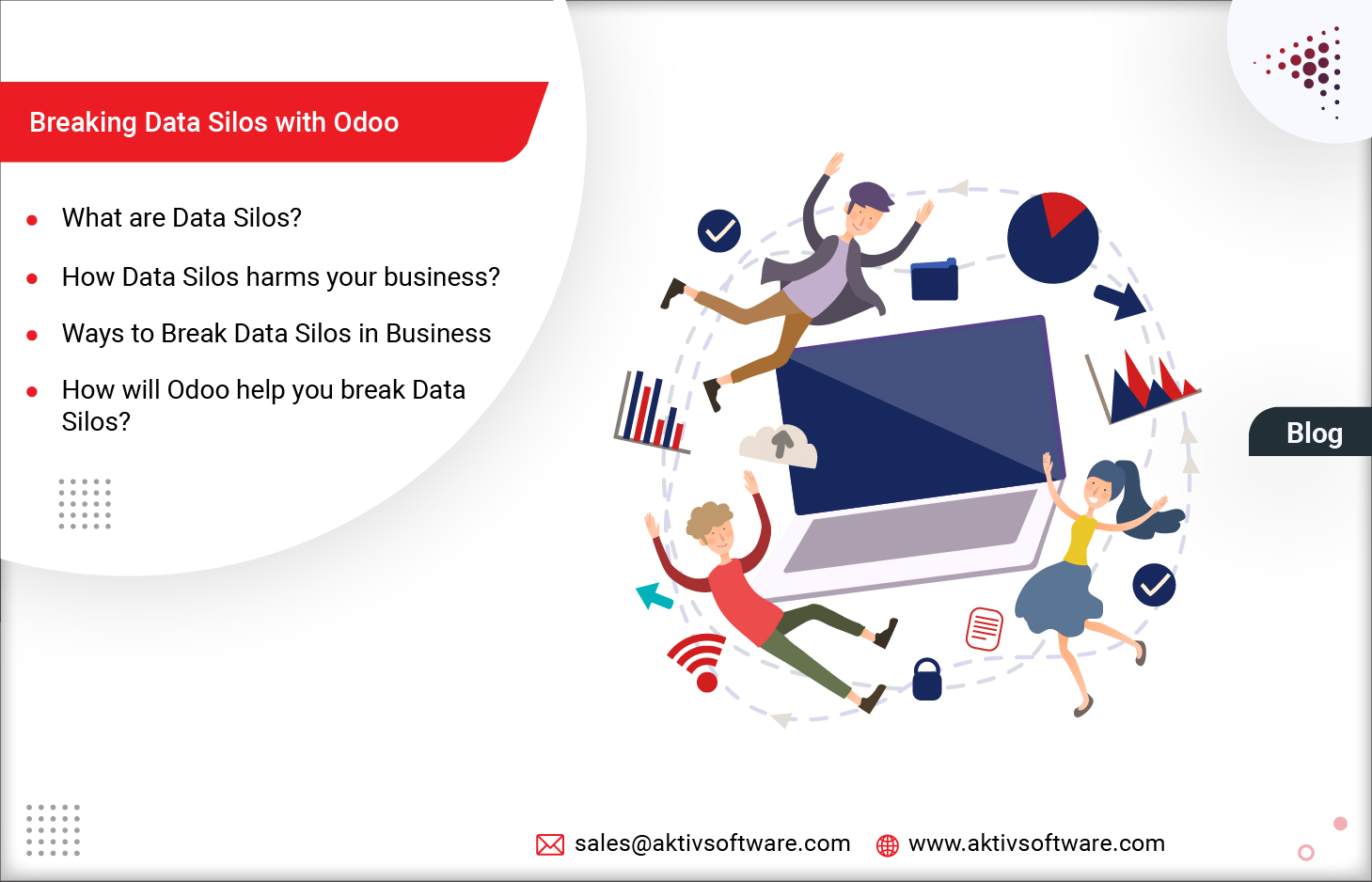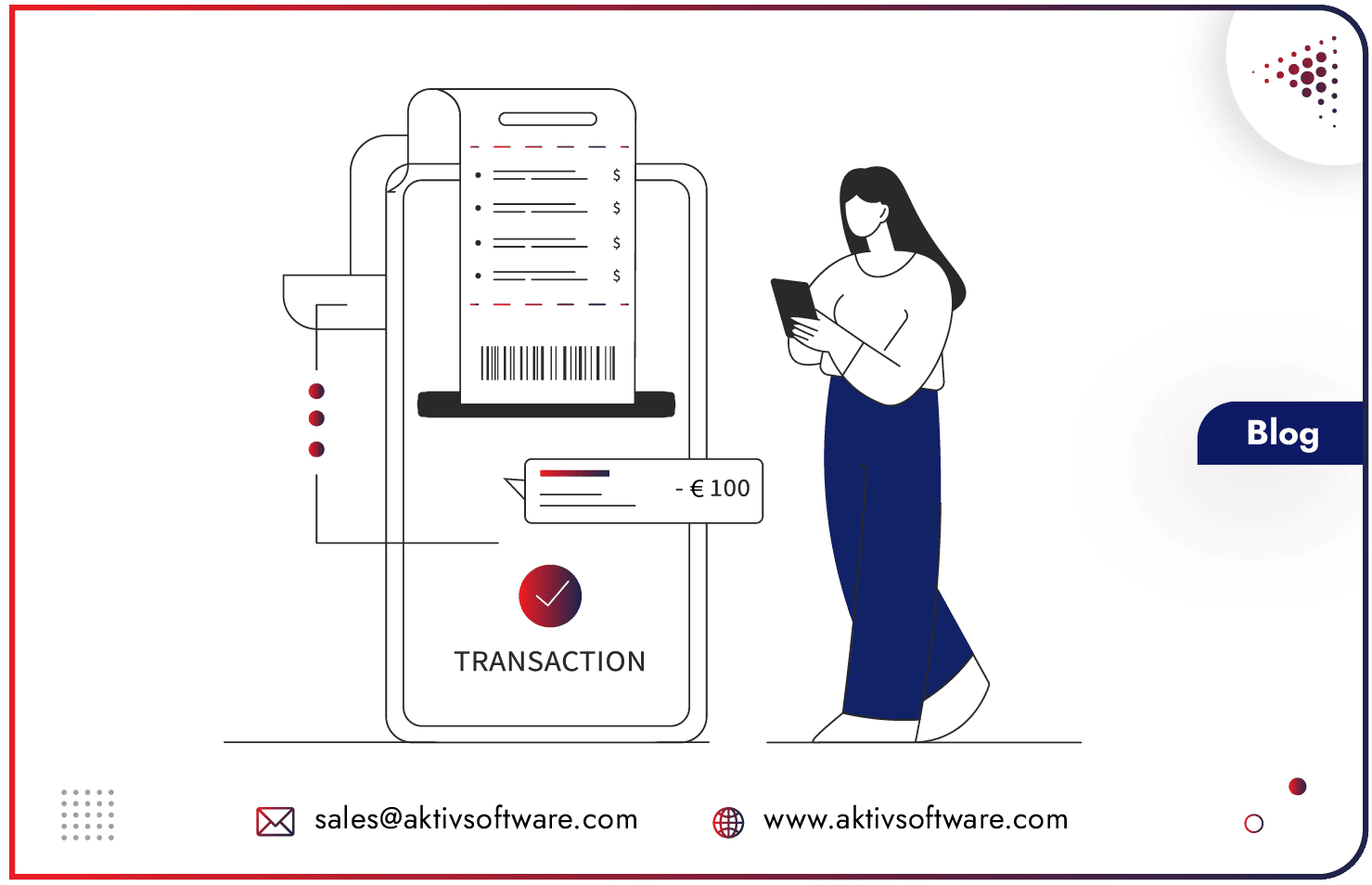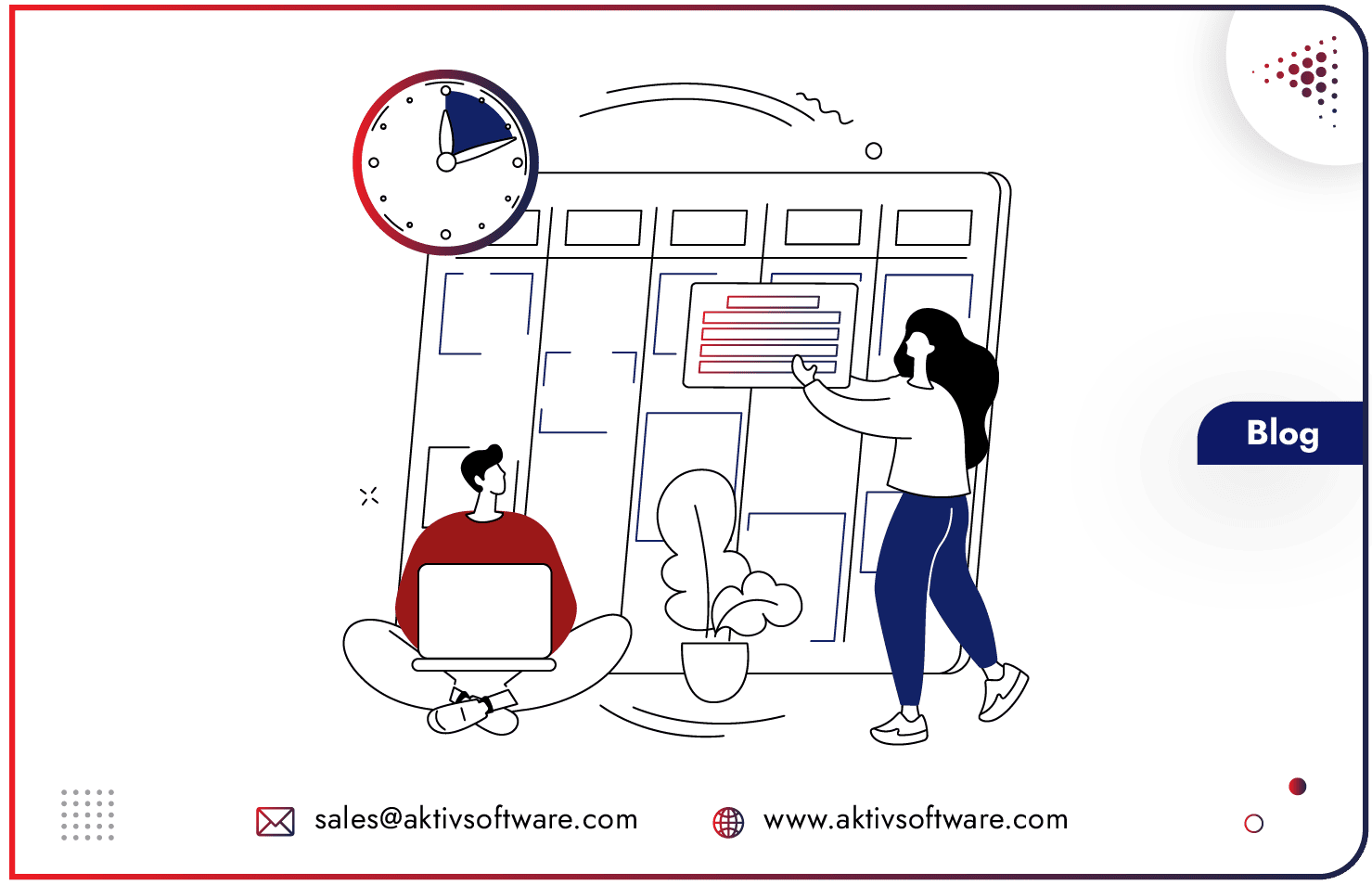Data silos are a serious business problem.
We all know the saying, “Knowledge is power.” But what happens when that knowledge is locked away in isolated departments, each using the best tools for their specific needs? It creates a scenario called “Islands of Information, Ocean of Problems.”
What are Data Silos?
Isolated systems/software that hinder collaboration and leave you with a fragmented view of your business.
Let’s say that your sales team uses a top-notch CRM, finance relies on a robust accounting system, and another WMS manages your stock levels. These “best-of-breed” solutions turn into silos when they don’t talk to each other.
This lack of integration creates a fragmented view of your business data, leaving you with wasted resources, missed opportunities, and unhappy customers.
Imagine a clothing store where sales have no clue what’s in the back.
A customer walks in wanting that perfect summer dress they saw online, but the salesperson just shrugs and says, “Maybe, I’ll have to check the stockroom?” This lack of visibility across departments is exactly what data silos create.
Marketing might be blasting emails about a sale on those dresses, while the stockroom is a ghost town. Frustrated customers and lost sales – not exactly a recipe for success.
How can a Siloed System drag your Business Down?
Limited collaboration across the business:
Teams make decisions with the information they have available. When they only have access to the data available in their department, they will miss opportunities to collaborate with other teams and reach the business’ common goal.
Data accuracy and credibility:
Data, which is isolated, can quickly become outdated and present inaccurate information about customers.
Incorrect analysis:
When data sits in different databases or Excel sheets across the business, it is practically impossible to generate analysis on an enterprise level and have a 360-degree view of the customer base.
Bad customer experience:
Customers expect the information they provide to be available across an organization’s departments. However, 64% of customers still note that most of the time they have to repeat or re-explain information to different representatives across the business.
Ways to Break Data Silos in Business
1. Change Management:
Address the cultural aspects that contribute to business silos. Foster a culture of data sharing and collaboration across departments.
Highlight the benefits of breaking down silos, such as improved data quality, better decision-making, and a competitive advantage.
2. Technological Solutions:
Centralized Data Platform: Create a central repository, like a data lake, to store and manage data from various sources.
Data Integration Tools: Implement tools like Integration Platforms as a Service (iPaaS) to connect disparate systems and enable seamless data flow.
All-in-one solutions: Consider investing in software solutions that act as a central hub for all your business operations. Possibly, Enterprise Resource Planning Software is what we are talking about.
3. Data Governance:
- Establish clear guidelines for data ownership, access, and security.
- Implement data quality checks to ensure the accuracy and reliability of information within the system.
- Provide self-service access with proper governance to empower users to access and analyze data.
How will Odoo help you break Data Silos?
Odoo, with its modular structure, can be a powerful tool to break free from business silos. Here’s how:
Modular Flexibility:
Odoo’s modular design allows you to implement functionalities relevant to specific departments without compromising data integration.
Each module uses the same core data model, ensuring all departments work with consistent and up-to-date information.
You can avoid the “all-or-nothing” approach of traditional ERP systems, customizing Odoo to fit your specific needs while maintaining a unified data core.
Unified Data Model:
Odoo boasts a central database that stores information across all its modules. This eliminates the need for separate departmental systems, promoting a single source of truth for your data.
Modules like CRM, Sales, Inventory, and Manufacturing seamlessly interact within this unified model, fostering data exchange and eliminating redundancy.
Data Visibility and Reporting:
Odoo provides built-in reporting tools that allow users to access and analyze data across all modules. This fosters collaboration and helps departments gain a holistic view of the business.
Managers can easily track metrics spanning departments, like the impact of marketing campaigns on sales or the effect of inventory levels on production.
Customizability:
Odoo’s open-source nature and modular architecture empower developers to create custom modules.
These modules can bridge specific data gaps or integrate with external systems, further breaking down silos and enriching the central data repository.
Breaking down data silos isn’t just about technology; it’s about fostering a culture of collaboration. Start by getting leadership buy-in. A commitment from your executive team to data sharing sets the tone for the entire organization.
Invest in a platform that provides a unified view of your data. Odoo, with its central database and modular structure, is a powerful example. Empower your team by providing them with the tools and access they need to become data stakeholders.






